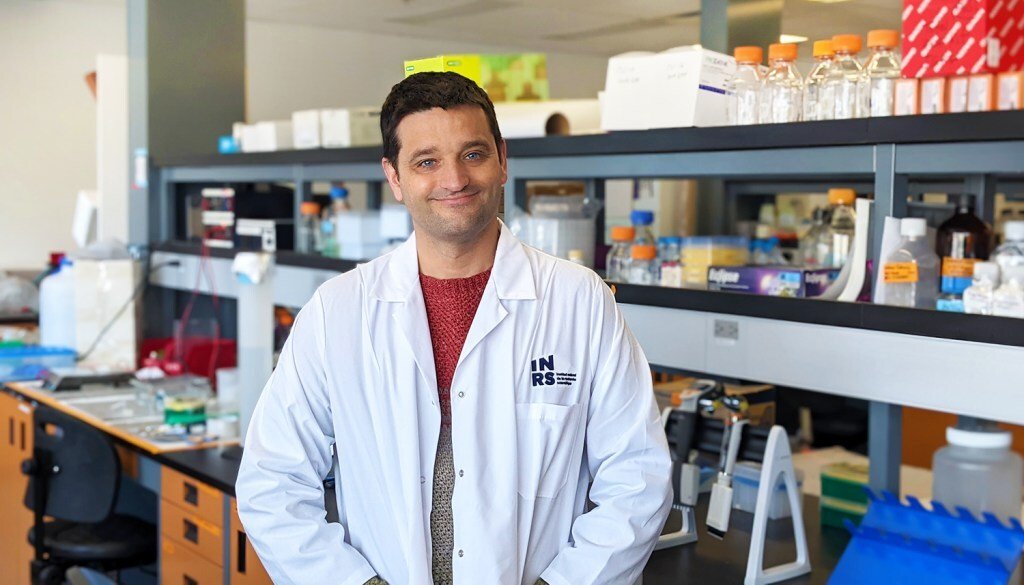Laval-based INRS gets over $4 million from Quebec to prepare for future pandemics
As the climate continues to change, insect-borne viruses—also known as arboviruses—are becoming a growing threat to public health around the world.
These viruses, which are spread and transmitted by mosquitoes, ticks, and flies, could be the source of future epidemics or pandemics in Quebec and the rest of Canada.
Indeed, some of them are already in the World Health Organization’s sights.

The Institut national de la recherche scientifique (INRS), based in Laval, a leader in the fight against infectious diseases, has received $4,163,688 in funding from the Quebec government to technologically develop an innovative research pipeline in its Containment Level 3 (CL3) laboratory on the INRS Armand-Frappier Santé Biotechnologie Research Centre in Laval. Today’s announcement is a major boon for biotech sector.
“This major investment strengthens INRS’s position as a hub of expertise in health and biotechnology in Quebec and the rest of Canada,” said Luc-Alain Giraldeau, Chief Executive Officer of INRS.
“This will provide our institution with state-of-the-art facilities to take on current public health challenges, while helping to train the next generation of scientists specialized in infectious diseases,” he said.
“By supporting this INRS project, we are affirming the importance of Quebec in research and innovation,” said Christopher Skeete, Minister for the Economy, Minister responsible for the Fight against Racism and Minister responsible for the Laval region in the Legault cabinet.
“This support contributes to making Laval a major center for biotechnology and health, and we are proud to see our region shine in these essential fields,” Skeete added.
CL3 infrastructure allows pathogens that may be hazardous to human and animal health to be handled and studied under infectious and highly secure conditions.
A better understanding of arboviruses
Professor Laurent Chatel-Chaix, a molecular virologist at INRS who heads the CL3 laboratory since 2021, will be working with his team to perform cutting-edge research on arboviruses like West Nile virus, chikungunya, Usutu, and yellow fever.
“Arboviruses are potential sources of epidemics and pandemics, especially since they are influenced by the effects of global warming in some parts of the world,” said Chatel-Chaix.
“The technological innovation of this CL3 facility will allow us to deepen our knowledge of certain diseases and better understand how these viruses spread while preparing for future pandemic and epidemic threats.”



